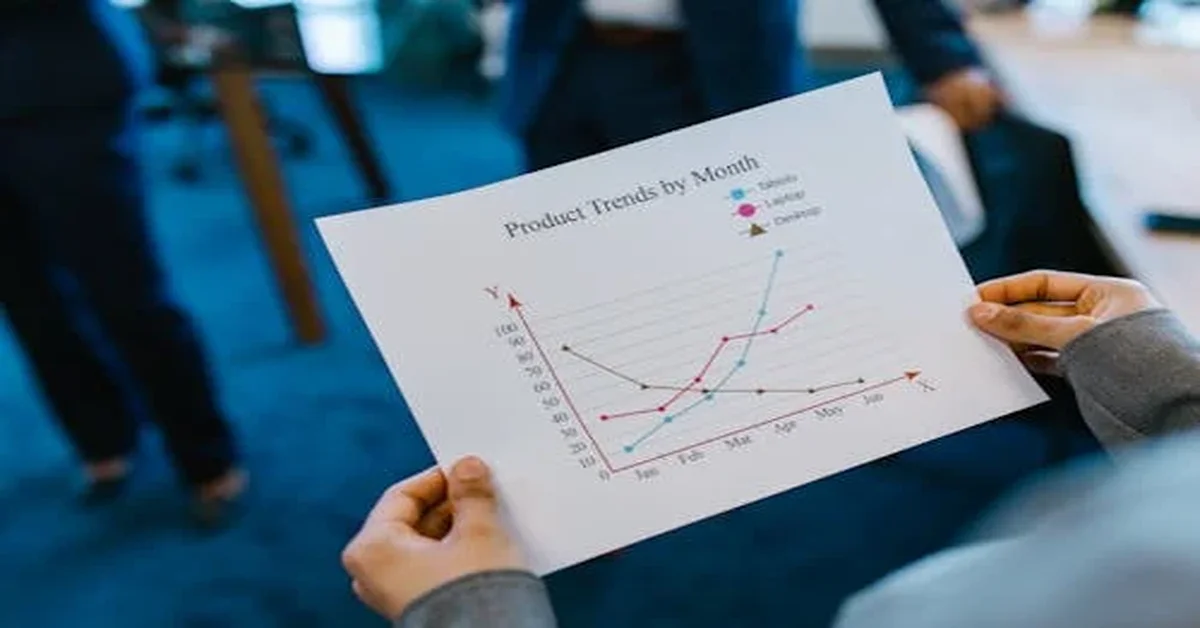The First 18 Months: Key Decisions That Shaped Our Growth Curve

Today’s advice post is by Dan Lesley, Founder of Homestar. Dan has over 20 years building, growing, and selling SaaS tech startups.

Building Homestar, our CRM for real estate agents, took me back to my startup roots despite my previous SaaS exits. Those first 18 months running a lean team brought intense challenges that shaped our growth in unexpected ways.
I found myself juggling strategy, marketing, and support tickets between coffee refills at 2 AM. The small team dynamics felt both invigorating and draining. We had to get creative with limited resources while maintaining our focus on the core mission.
Our value proposition evolved through real conversations with agents. Beyond feature lists, we discovered they needed a tool that gave them control while reducing administrative overhead. The platform had to feel intuitive and solve their daily pain points.
User feedback forced our first major directional shift. We’d packed the platform with features we assumed agents wanted. Wrong. Their candid responses helped us strip away the unnecessary complexity. Getting humbled by direct criticism wasn’t fun, but it pushed us to build something genuinely useful.
The pricing structure required several iterations. Market research only tells part of the story - we needed to understand how agents valued specific capabilities and what motivated their purchasing decisions.
- Simplified pricing tiers increased conversion rates
- Direct competitor comparisons refined our value messaging
- Annual billing discounts stabilized revenue
- Flexible enterprise onboarding fees eased adoption friction
Marketing demanded a relationship-first approach. Traditional SaaS playbooks weren’t enough - we had to become active participants in the real estate community. Building authentic connections with industry leaders amplified our reach more than any ad campaign.
Our content strategy centered on real agent success stories. No manufactured case studies, just genuine experiences of how Homestar changed their businesses. This resonated because it came from peers they could relate to.
Growing the team required patience. The temptation to hire rapidly was strong, but cultural alignment proved more valuable than quick scaling. A small, unified team consistently outperformed larger but fragmented ones.
Running Homestar pushed me outside my comfort zone professionally. Networking used to make me anxious until I reframed it as an opportunity to learn from others’ experiences rather than just making connections.
Looking back, our progress stemmed from staying humble and adaptable. We listened intently to users, trusted our team’s insights, and weren’t afraid to pivot when needed. That foundation of constant learning and evolution continues guiding us forward.